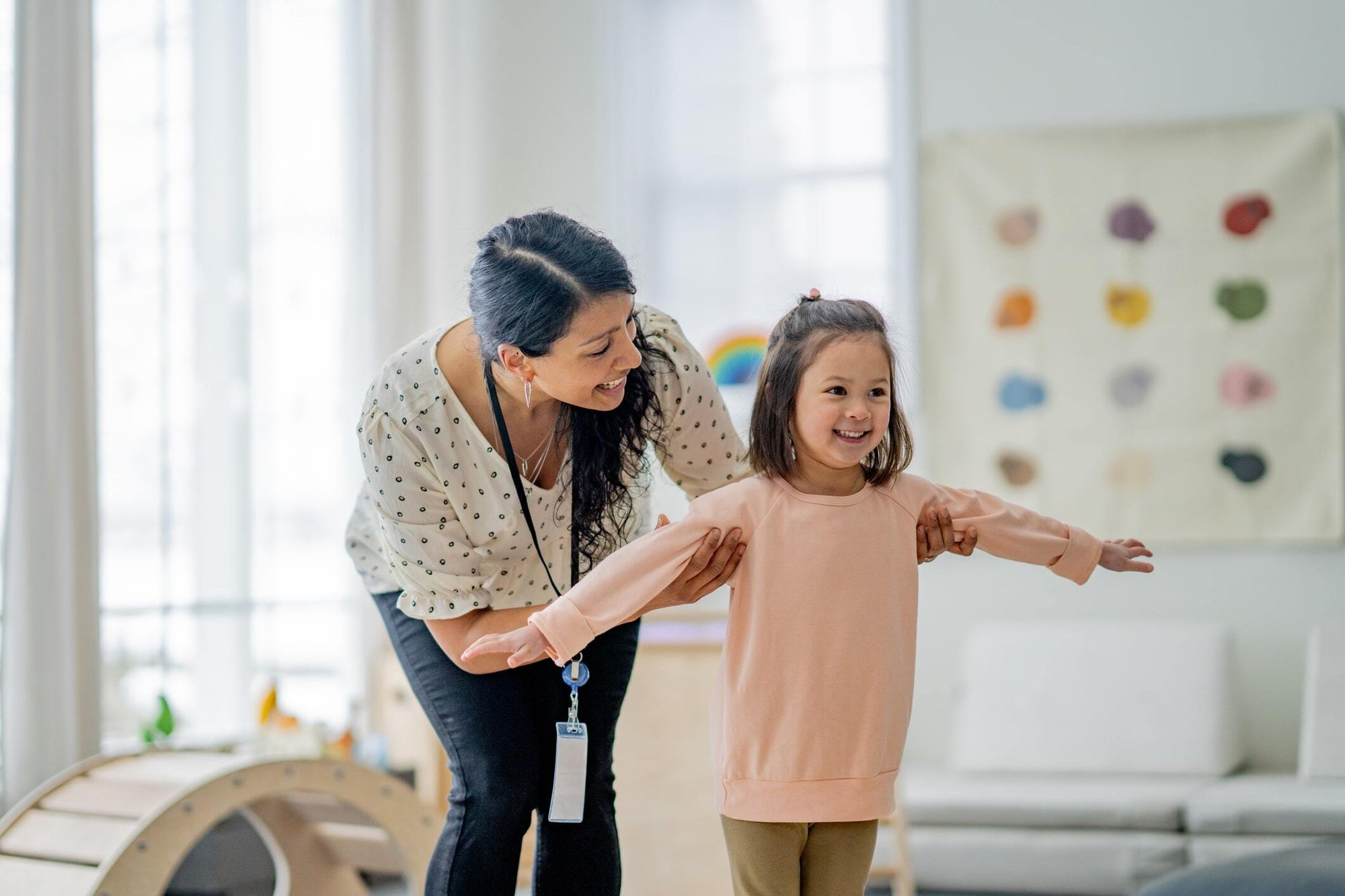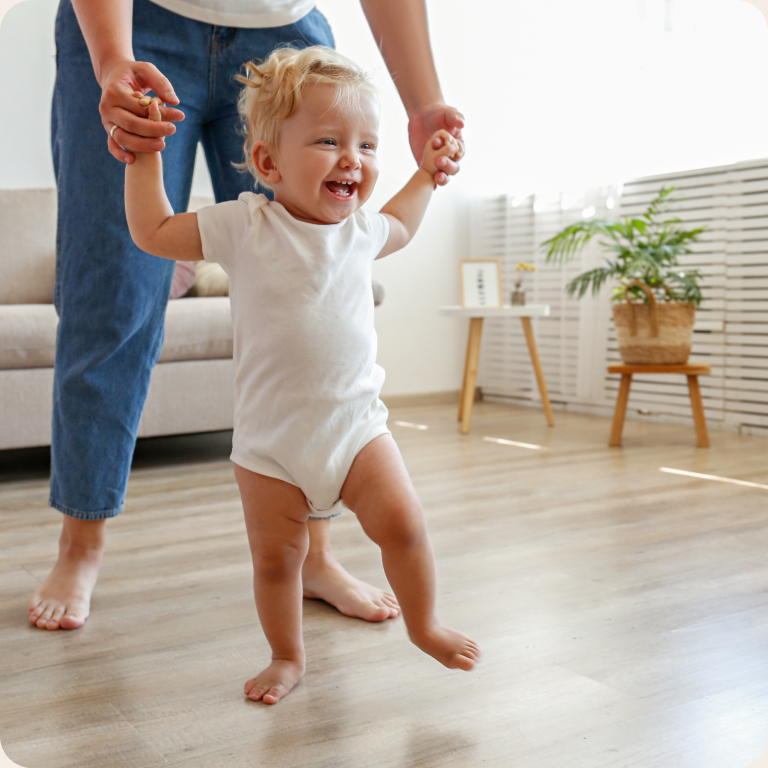
Specialty Care
Pediatric Occupational Therapy
When everyday tasks feel like big challenges, our pediatric occupational therapists help kids gain the skills they need for independence. Through fun, play-based activities, we build fine motor skills, emotional regulation, sensory processing, and confidence — so your child can thrive at home, in school, and in life. This service is currently offered at our Sartell, Minn. location and in the future will become available at additional locations.
Our pediatric occupational therapists help kids — from toddlers to teens — gain the skills they need for independence.


Important to Know
Support for Every Stage
Building skills for daily success
From holding a pencil to getting dressed, occupational therapy supports kids in mastering everyday tasks. Our therapists create personalized plans that focus on your child’s unique needs, celebrate every milestone, and help them gain the confidence to tackle the world around them.
What we help with
-
Fine motor skill development
Helping kids strengthen hand and finger control for everyday tasks like writing, buttoning, and using utensils. -
Handwriting and school readiness
Building the skills kids need for the classroom — from pencil grip and letter formation to focus and endurance. -
Self-care routines (dressing, feeding, grooming)
Teaching children how to manage daily activities independently, boosting confidence at home and school. -
Sensory processing challenges
Supporting kids in responding to sights, sounds, smells, and textures in a way that feels comfortable and manageable. -
Coordination and motor skills
Improving body control and stability for activities like climbing, running, and playing sports. -
Social skills
Supporting the development of healthy relationships – from sharing toys and playing cooperatively with their peers, through learning to communicate and express their needs effectively. -
Emotional regulation
Equipping kids with tools to name their emotions and teaching them self-regulation strategies, like how to calm their bodies after getting upset or staying focused on a task.
Wondering if occupational therapy could help?
If any of the items below are affecting your child, talk to your child’s primary care providers to see if occupational therapy could support their growth.
Tires quickly during everyday activities

Pediatric Occupational Therapy for Growth, Focus & Independence
Our pediatric occupational therapists (OTs) help children develop the motor, sensory, and emotional skills they need for everyday success — at home, in school, and in life. Every plan is personalized, purposeful, and playful.

Early movement and sensory experiences set the foundation for lifelong growth.
- Early intervention for delayed motor skills and sensory issues
- Feeding and grasp coordination support
- Tummy time, positioning, and early movement exercises
- Parent coaching for safe, stimulating environments

As independence grows, OT helps turn everyday challenges into milestones.
- Sensory integration therapy and self-regulation
- Fine-motor skill development (grasping, coloring, dressing)
- Early self-care skills like feeding and hygiene
- Play-based therapy to develop skills such as walking, climbing, or peddling

In school, OT helps kids stay focused, organized, and confident.
- Handwriting and classroom performance strategies
- Executive function and task management skills
- Sensory processing support for focus and calm
- Emotional regulation and coping routines

OT helps teens and young adults strengthen independence and life skills.
- Time management and self-care routines
- Executive function coaching for academics or work
- Sensory and emotional regulation
- Transition planning for college or adult OT care
FAQs

We've got you
Insurances Accepted
We accept most major insurance plans, because every child deserves access to quality care. If you have questions about your coverage, our team is happy to help.

Your pediatric care guide

Featured, Health Tips
Newborn Checkups: First Well-Child Visits (0–15 Months)

Featured, Health Tips
Does My Child Need Speech Therapy? When to Get an Evaluation + Quiz

Featured, Health Tips
When to Consider Telehealth for Your Child

Featured, Health Tips
Pediatric Clinics That Don’t Feel Clinical

Featured, Health Tips
Teens, Screens and Mental Health: What Parents Should Know

Featured, Health Tips
How to Help a Child Who’s Afraid of Vaccines

Featured, Health Tips
Dosing: Acetaminophen (Tylenol) and Ibuprofen (Motrin) for Kids & Infants

Featured, Health Tips
Home Remedies for Common Flu Symptoms in Kids

Featured, Health Tips
Sensory Needs Aren’t Bad Behavior: Understand Your Child’s Sensitivities

Featured, Health Tips
Potty Training 101: How to Make It a Positive Experience

Featured, Health Tips
Flu and COVID Vaccines for Children: Answers for Parents’ Common Questions

Featured, Health Tips
Are Vaccines Safe for Babies? Real Answers from a Pediatrician

Behavioral Health, Featured, Health Tips

